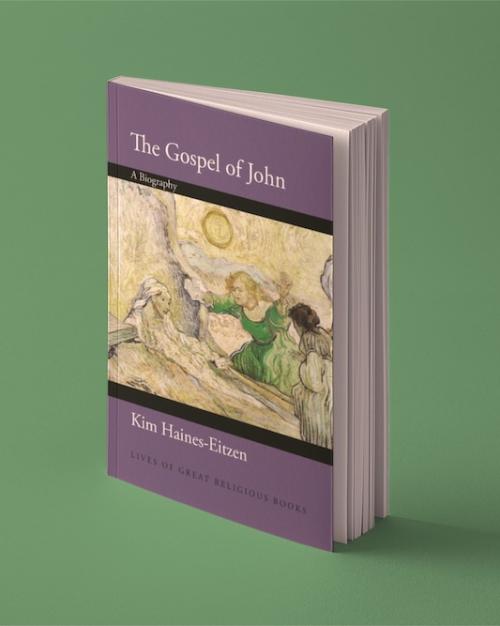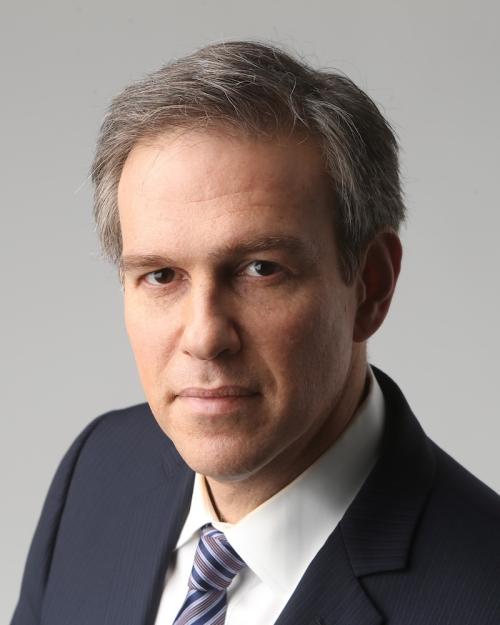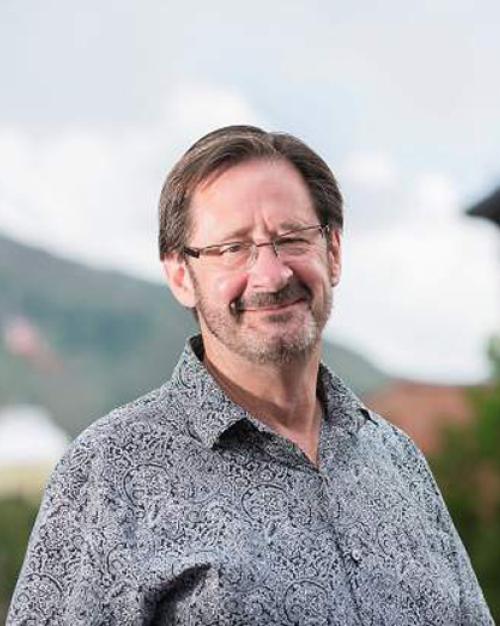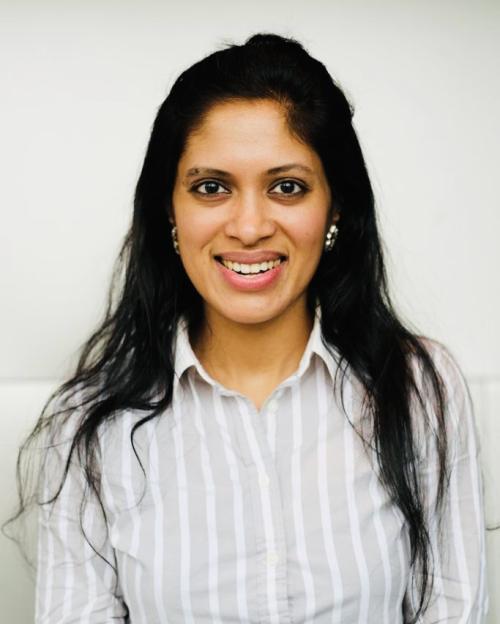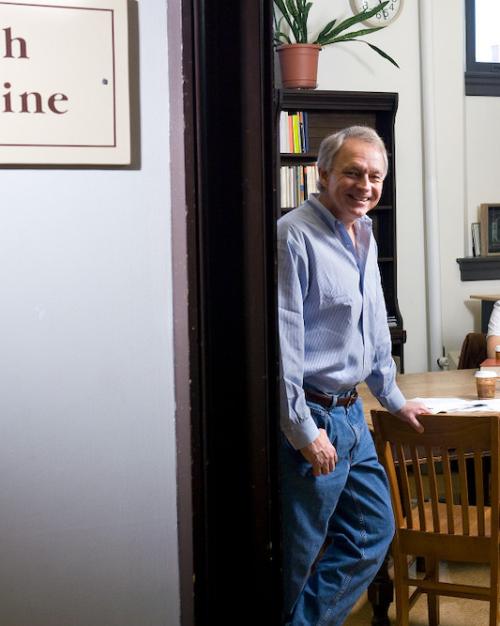Michael Koch, the longtime editor of Cornell’s renowned literary magazine and lecturer in the Creative Writing Program in the College of Arts and Sciences, died on May 27 after a brief illness. He was 75.
Remembered by colleagues for his wise, soft-spoken presence and his devotion to literature, Koch brought Epoch, which publishes fiction and poetry, to national prominence during his 34 years as its editor, making a mark on American literature and helping to shape the Creative Writing Program. As the editor who supervised and trained the master’s of fine arts students who served as Epoch’s associate editors, Koch influenced writers who went on to publish bestselling and prizewinning works of fiction and poetry.
“Michael Koch was goodness; a cherished guiding light as an editor, writer, lecturer and as a friend to the legions of people whose lives he touched,” said Maureen McCoy, novelist and professor emerita in the Department of Literatures in English (A&S). “His voice was soft but tinged with a Philadelphia no-nonsense wit. His easy good humor could come in under the radar, unexpectedly, with zingers such as ‘the guy’s all hat and no cattle.’ Our world is diminished without Michael Koch walking in it.”
Poet Ishion Hutchinson, associate professor of Literatures in English and director of the Creative Writing Program, said, “Michael was an incredible colleague. How fortunate that we had the chance to work within the sphere of his quiet grace.”
Koch believed that one of the editor’s most important jobs is creating a forum for writers. “The editor should be effaced,” he told the Cornell Chronicle in a story marking the 50th anniversary of Epoch in 1997.
Koch joined the staff of Epoch in 1987 and became editor in 1989. The magazine thrived under his leadership, receiving, in 1997, the O. Henry Award for best magazine – an honor given in other years to publications such as the New Yorker.
Epoch published early work by many now-famous authors, including Thomas Pynchon, Philip Roth, Joyce Carol Oates and Don DeLillo. During Koch’s tenure as editor, work from Jhumpa Lahiri's Pulitzer Prize-winning collection, “The Interpreter of Maladies,” first appeared in Epoch, as did poetry by Yusef Komunyakaa that later appeared in his Pulitzer Prize-winning collection. Epoch published a story by Denis Johnson later included in his classic “Jesus’ Son.”
Koch’s recognition of excellence in poetry and fiction came from a deep appreciation of the art form.
“Michael was first and foremost a reader whose reverence and affection for literature is almost impossible to properly evaluate,” said Donald Anderson, M.F.A. ’89, director of creative writing at the United States Air Force Academy. “Far more than taste, his literary judgements set a high-bar standard for the journal he edited and the staff he supervised. Every issue of Epoch was a worthy event for its many readers.”
Among the onetime M.F.A. students who served as associate editors of the magazine are Susan Choi, National Book Award winner; Junot Díaz, Pulitzer Prize winner; and Téa Obreht, National Book Award finalist and Orange Prize winner.
Koch also shaped the work of individual writers as a teacher of creative writing and as an academic adviser. He won the Robert A. and Donna B. Paul Award for Excellence in Mentoring and Advising in 2004.
“Michael was an especially successful leader of creative writing classes, particularly fiction writing, with a unique concentration and interest in flash fiction,” said Robert Morgan, the Kappa Alpha Professor of English (A&S). “Self-effacing, quiet, he treated the famous and the beginner with the same courtesy and respect. When he did speak, he said something worth listening to.”
Bhisham Bherwani ’90, a graduate of the Cornell College of Engineering who’s published several books of poetry, remembers Koch’s creative writing workshop as “a highlight of my undergraduate experience.”
“Michael was an extraordinarily gifted and generous teacher and editor, and a warm, encouraging and kind person,” Bherwani said. “The absence of the striking, soft-spoken and genial figure in green flannel shirt and blue jeans in the Epoch office, invariably my first stop in Ithaca on visits as an alum, is a personal loss.”
Koch was enthusiastic about baseball, especially the Philadelphia Phillies, and a local poker game, said Lamar Herrin, novelist and professor emeritus of Literatures in English. “He brought all that friendliness and wisdom to bear on the Creative Writing Program at Cornell, especially the M.F.A. program, helping to shape it into the preeminent program it is today, and making Epoch magazine, in the time he was its editor-in-chief, into one of the very best literary quarterlies in the country.”
For more than 20 years, Koch led a summer writing and art studio in Rome with his wife, Stephanie Vaughn, short story writer and professor of Literatures in English, and Stan Taft, professor emeritus of art in the College of Architecture, Art and Planning.
Michael Claude Koch was born in Philadelphia in 1947. He earned a degree in English from La Salle College (now University) in 1968 and later an M.F.A. in creative writing from Wichita State University. He was a Wallace Stegner Fellow in Creative Writing at Stanford University, where he met Vaughn, who is retiring June 30.
Koch, too, had planned to retire June 30. Epoch turns 75 this year.
Koch is survived by Vaughn, four of his five siblings, and nephews and nieces.
Read the story in the Cornell Chronicle.
